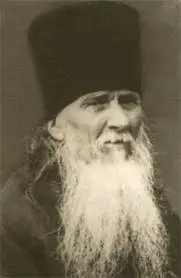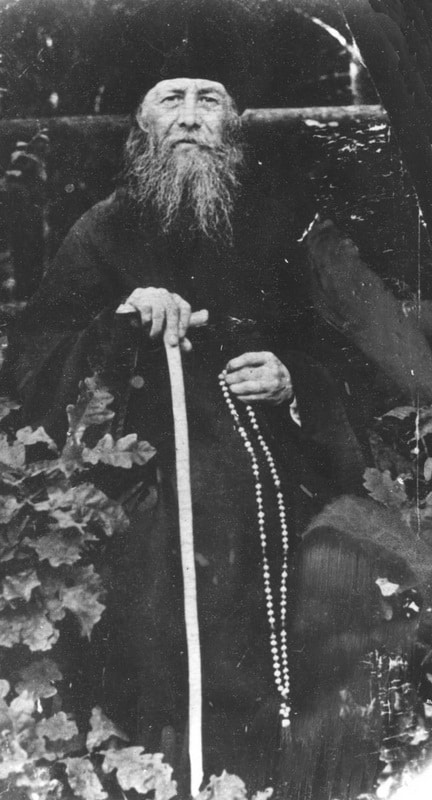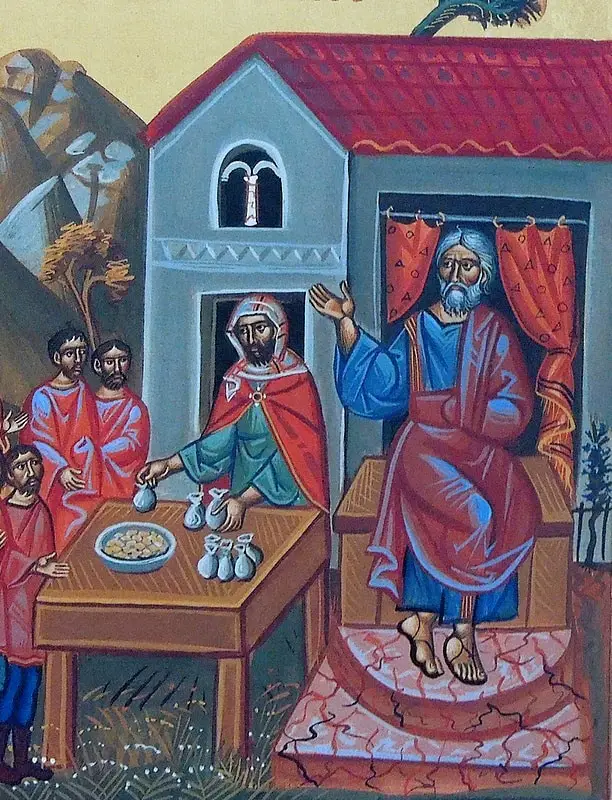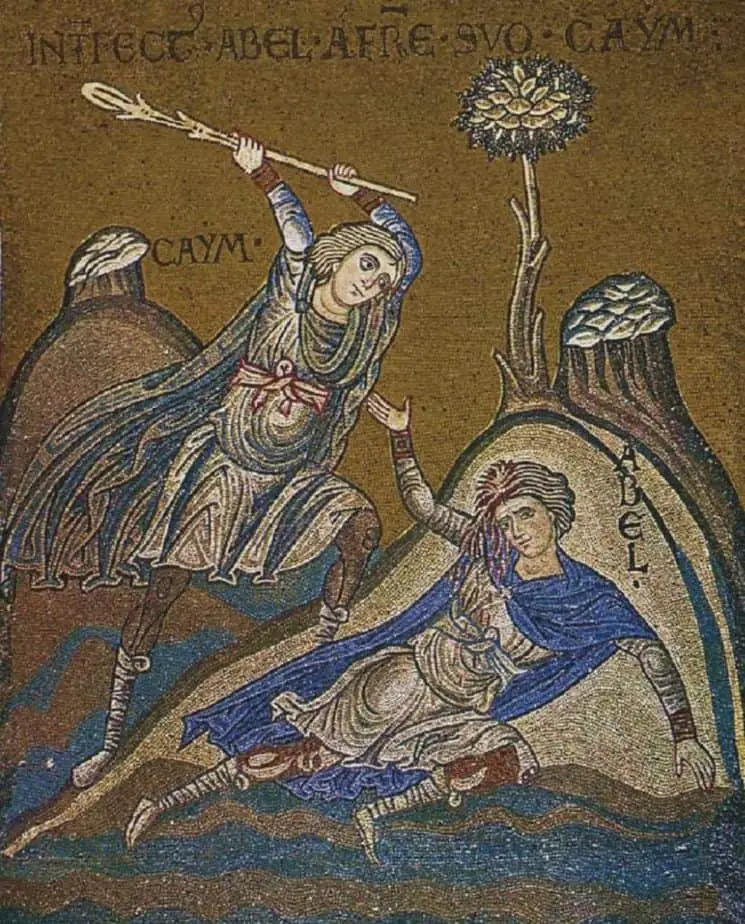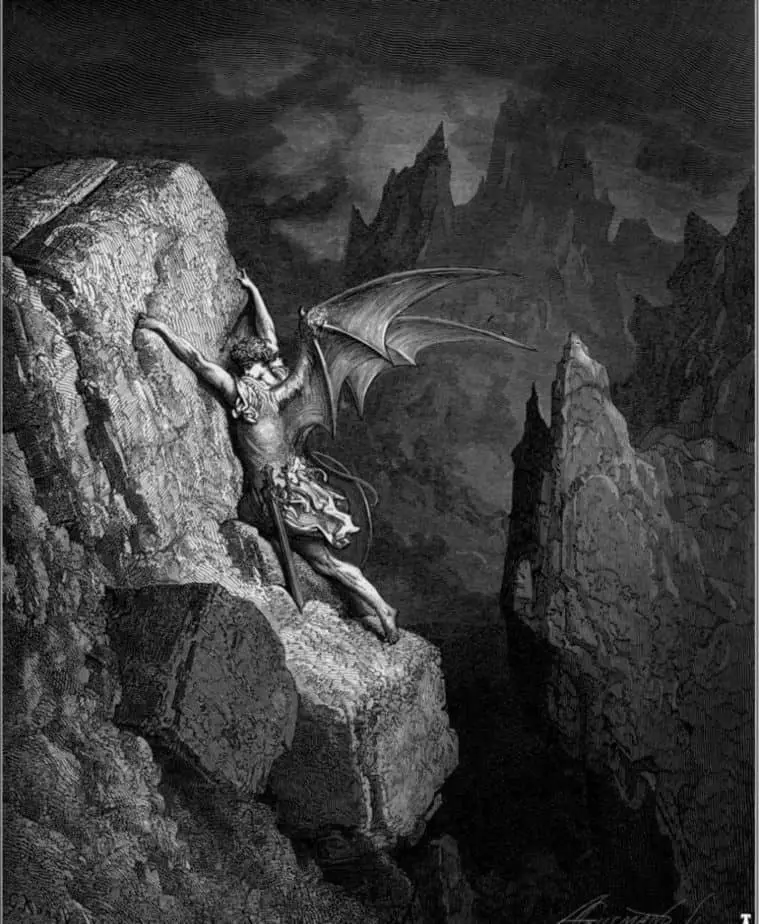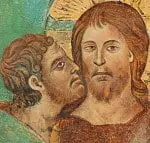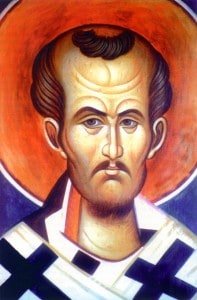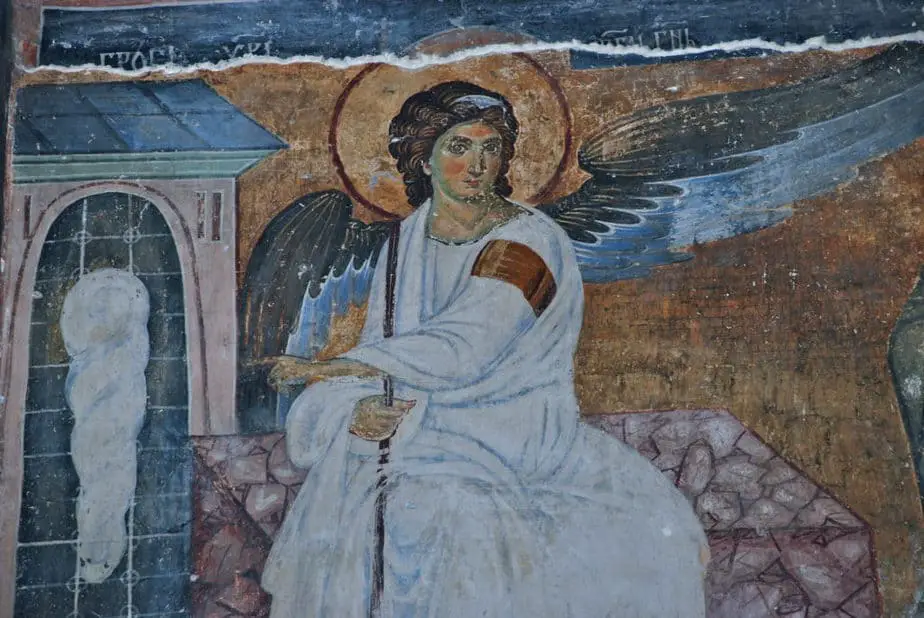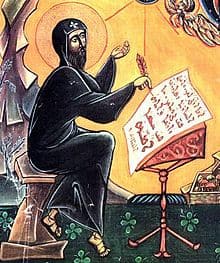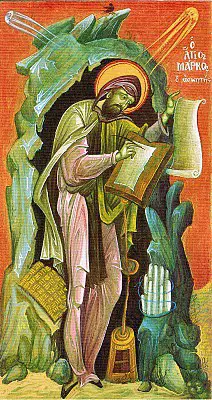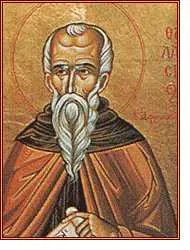‘God came upon earth in order to raise us up to heaven.’
It would seem, after this, that even when living upon earth we must live as if in the heavenly kingdom, dwelling there in anticipation by hope. But in reality, for the greater part, the contrary is the case. Men cling with their whole being to the earth and everything earthly.
Wherefore is this? Because our common enemy, the Devil, endeavours with all his might to oppose the intentions of the God-man, Christ. He endeavours to do everything in opposition to what Christ did and does.
Christ wishes to raise men up to heaven, and has given them all the means to attain this; whilst the Devil, who himself for his pride was cast down from heaven into the dominions of the air, wishes by every means to attach men to earthly,- sensual, transitory things, and, in order to attain this end, he employs the most powerful, most prodigious means.
Christ taught us truth; the Devil teaches us falsehood, and strives in every way to contradict every truth; devising various calumnies against it.
The Devil endeavours by every means to keep men in error, in the enticement of the passions, in darkness of mind and heart; in pride, avarice, covetousness, envy, hatred, wicked impatience and irritation; in evil despondence, in the abominations of fornication, adultery, theft, false-witness, blasphemy, negligence, slothfulness, and sluggishness.
You don’t need a Kindle device to read the Kindle version of this book, which is available a very reduced cost. Try Amazon’s FREE Kindle Cloud Reader app for your computer, phone, or tablet.
